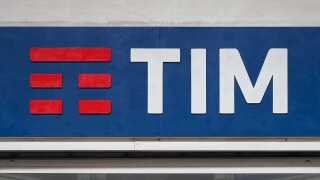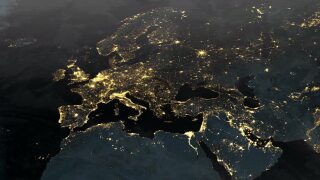When cosmonaut Yuri Gagarin took to the stars 50 years ago, there were undoubted risks. No one knew how a human body would react to weightlessness, nor if the Vostok 1 spacecraft would hold together. But the best of Soviet technology available at that time was applied to the task and the mission was successful, to global acclaim.
Today, we live in a technology-rich society where there is less uncertainty, either cosmic or terrestrial. Clues to the immediate and longerterm future are clearer. And technology is constantly evolving to meet the pace of demand: bigger pipes, smarter devices, faster and more pervasive access to communications are available to consumers and businesses worldwide.
Yet the awe that was felt 50 years about the progress of technology has disappeared. The general public has exchanged awe for expectation. At the same time, few consumers are willing to pay for the best that’s on offer when it comes to communications.
There’s a double standard in play that’s increasingly unacceptable at the sharp end of the telecoms business. It’s also seen in everyday life, as this mundane example illustrates: buying energy-efficient lightbulbs the other day, a young shop assistant was eager to tell me that my choice would take at least 30 seconds to reach full brightness. More rapid alternatives were available at a cost. For his generation, immediacy of experience is a critical requirement. And personally, he was willing to pay for it.
But why not also in content and communications access? Consumers need to face the bald reality of production cost. And whatever the political overtones, a fair outcome for the long-running debate about net neutrality must rely on providing robust proof of its economic consequences. What’s interesting is that views about net neutrality are not the same across the world, despite the well established battle lines drawn in the United States.
Global wholesalers may appear distant from consumers, but have a role to play in this debate. Their global networks carry the content, they enable interconnection, and their content distribution networks improve delivery to a multiplicity of network endpoints. By articulating the cost and value of their function in the value chain, particularly as neutral arbiters of digital distribution, wholesalers can bring greater clarity on what is fair in the net neutrality debate.
Wholesalers may not be able to awe the jaded general public with their technology, but they may help support the logic for an economically viable world of content-rich communications.




